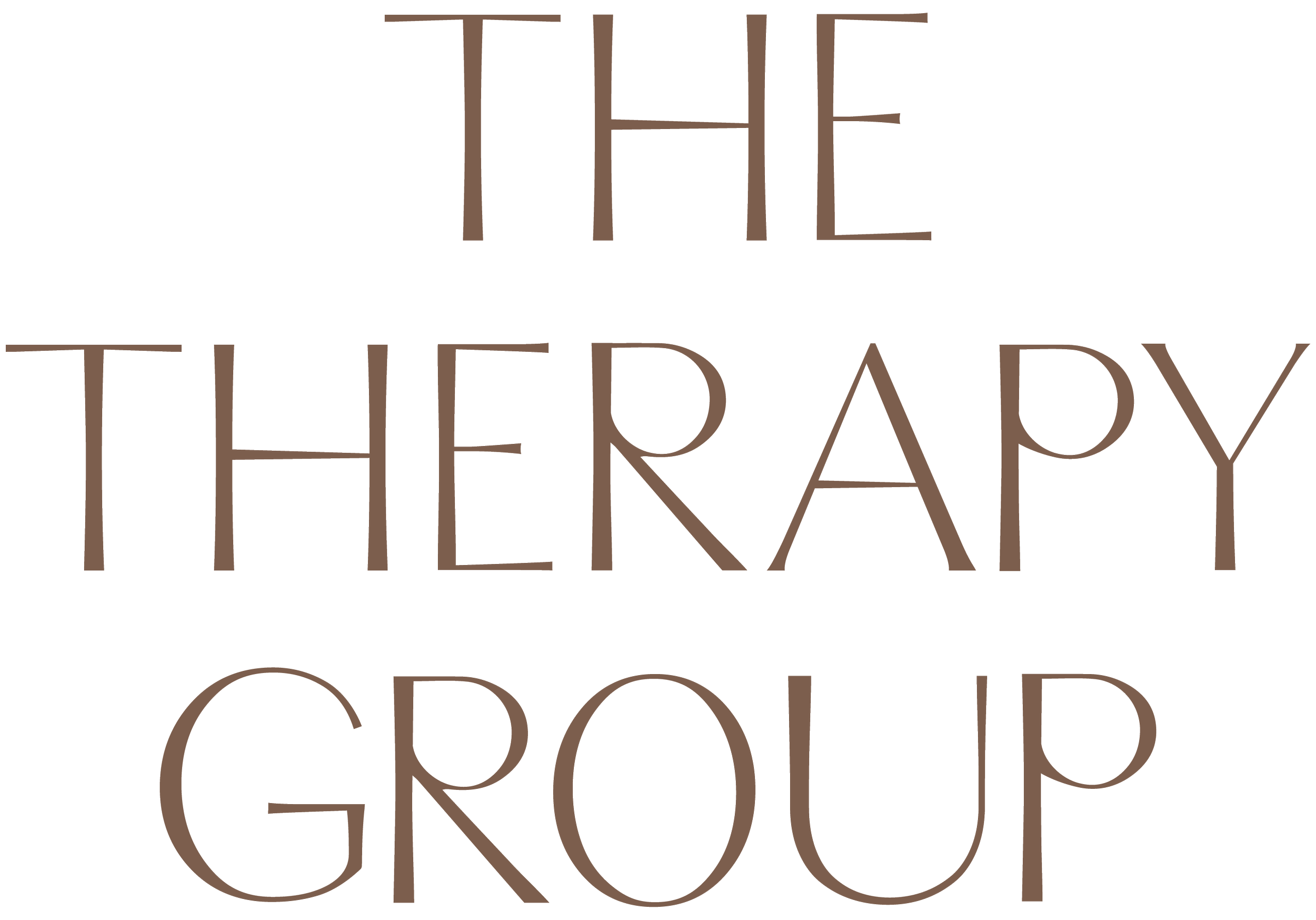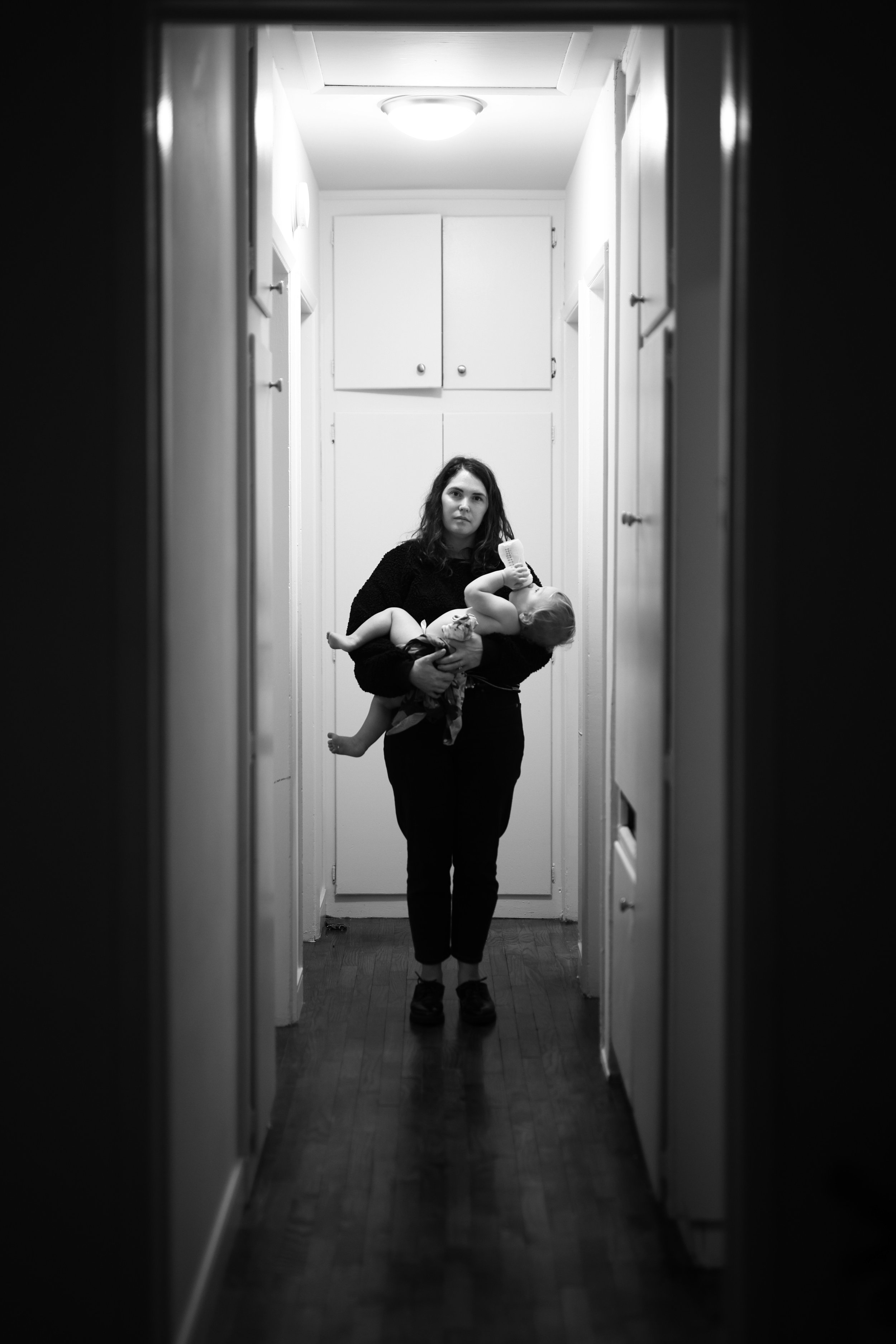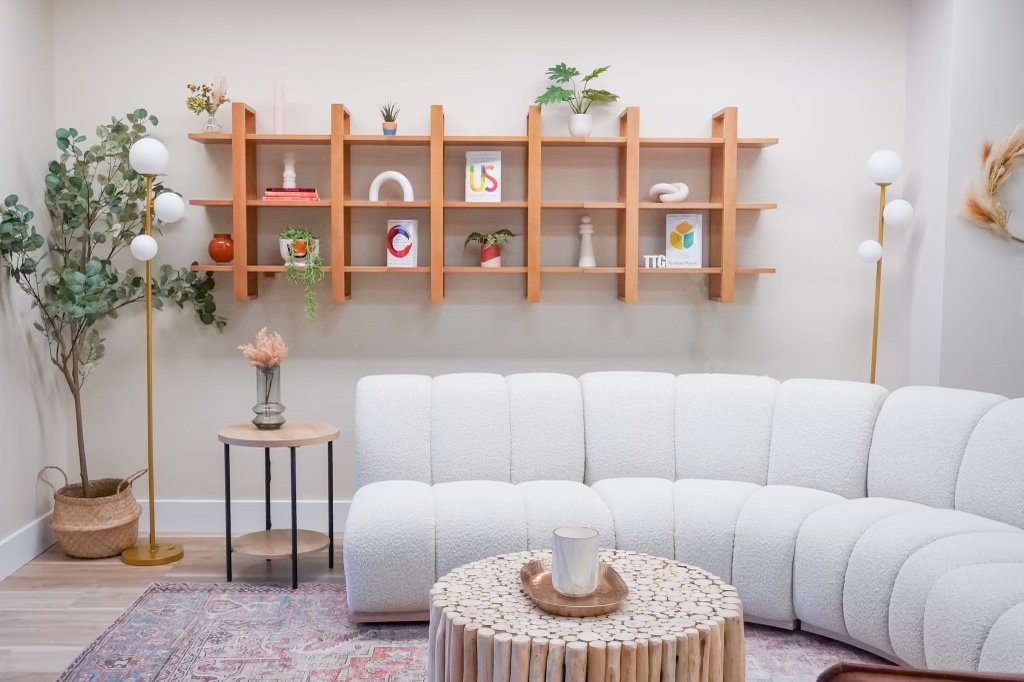The Impact of Attachment on Choosing a Childfree Life
If you've decided not to have children (or you're still on the fence), you might have felt a mix of emotions. Maybe you've faced nosy questions like "When are you going to have kids?" and struggled to explain that being childfree is what feels right for you. You might even wonder yourself sometimes: Why do I feel this way about parenthood?
For many millennials and young adults, the choice to be childfree is deeply personal and often misunderstood. It’s not about being selfish or missing out—it can be about wanting a certain lifestyle, protecting your mental health, or simply knowing yourself well enough to recognize that parenting isn't for you.
And you're far from alone. In fact, the decision to be childfree is becoming more common, especially among younger generations carving out new paths in life.
Understanding Avoidant Attachment and Early Emotional Bonds
To understand one surprising factor that might be influencing childfree choices, we need to talk about attachment styles. Attachment theory is a way psychologists describe how we connect (or don’t connect) with others, and it starts with our earliest relationships—usually our parents or primary caregivers. If you had secure attachment, you probably felt safe and loved, and you find it relatively easy as an adult to trust others and form close relationships. On the other hand, an anxious attachment style might mean you constantly worry about people leaving you or not loving you enough.
And then there's avoidant attachment. If you have an avoidant attachment style, you might feel uncomfortable with too much closeness or dependency. Perhaps you learned early on to be very independent, because relying on a parent emotionally didn’t feel safe or rewarding. People with avoidant attachment often seem emotionally distant—they value self-reliance and might shy away from situations where they (or others) are too needy or vulnerable.
Importantly, these patterns aren’t choices you consciously made—they're coping styles that developed over time. A child who didn’t get consistent warmth or support from a parent might grow into an adult who keeps their guard up. None of these styles are “good” or “bad” on their own; they’re just different ways of relating that can affect our relationships in subtle ways.
So, what does attachment style have to do with being childfree? A lot, it turns out. Our attachment style doesn't just affect romance or friendships—it also shapes how we view things like family and parenthood. If you’ve felt emotionally distant from your parents, you might have an avoidant attachment toward them. And new research is shedding light on how that early emotional distance could be linked to the very personal decision not to have kids.
Choosing a Childfree Life: A Growing Trend (Especially for Millennials)
First, let’s acknowledge that choosing not to have children—being childfree by choice—is an increasingly common path. Cultural expectations are shifting. Many millennials (and members of Gen Z) are more openly saying, "Parenthood just isn’t for me." Some of the reasons are practical: the world can feel uncertain (hello climate change and economic ups and downs), raising kids is expensive, and some people want to focus on careers or personal passions. Others have personal reasons like health concerns or not feeling the drive to become a parent. And all of those reasons are completely valid.
In the past, someone who didn’t have kids might have been labeled “childless” (implying a lack or loss). But childfree is the term for people who actively decide not to have children. It’s a choice, not an absence.
And it's more common than you might think. A recent study of over 18,000 adults worldwide found that about 12% identified as childfree. That’s roughly one in eight people in the study who said, "No kids for me, thanks." This wasn’t because they couldn't have kids, but because they chose not to.
When researchers asked these individuals why they opted to be childfree, the answers might sound familiar. The number one reason (chosen by about two-thirds of participants) was the desire to keep their personal freedom. In other words, life without kids allowed them to maintain the lifestyle, independence, and opportunities they valued. Other common reasons included:
Lifestyle and Goals: "Having kids just isn’t compatible with my lifestyle or life goals." Many felt they had other missions—like career ambitions, travel, or creative projects—that parenting would complicate.
World Concerns: "I'm worried about the state of the world and the environment." With climate change, political instability, and other global issues, some feel hesitant to bring a child into an uncertain future.
Financial Considerations: "Kids are expensive, and I’m not sure I can comfortably afford that life."Financial stability is a big concern, and not everyone feels raising a child is financially feasible or worth the trade-offs.
Personal Identity and Mental Health: "I don’t want to lose my personal identity," or "I need to take care of my mental health." Some worry that becoming “Mom” or “Dad” could overshadow who they are, or they recognize that managing their own mental well-being is hard enough without adding a child to the mix.
Just Not Feeling It: "I simply don’t have the desire to have kids." And that’s okay. Some people aren’t drawn to parenting, or they enjoy children in small doses but don't want a full-time role as a parent.
Reading those reasons, do some of them resonate with you? There’s no one single explanation for why someone might be childfree, and it’s often a mix of factors. Now, into this already complex mix, the study we mentioned adds another layer: our relationship with our parents.
New Research: How Attachment to Parents Influences the Childfree Choice
Psychologists have long studied why people decide to have children—or not. We know a lot about social pressures (like family expectations or cultural norms) and practical issues (like money or fertility) that play a role. But this new research wanted to dig into something deeper: do our early emotional bonds shape our desire to become parents ourselves?
The study, published in Personality and Social Psychology Bulletin, was large and enlightening. Over 18,000 people from around the world took surveys about their attachment patterns and their feelings about having kids. The researchers specifically looked at how people felt toward their mothers, fathers, romantic partners, and close friends in terms of attachment. Then they sorted out who in the survey was already a parent, who wanted to be, who was undecided, and who was firmly childfree by choice.
The findings were striking: attachment avoidance toward parents was the strongest predictor of being childfree. In simpler terms, if someone tended to feel emotionally distant from their mom or dad (high attachment avoidance), they were significantly more likely to choose not to have children. On the flip side, individuals who had a very anxious attachment to their parents (constantly fearing rejection or craving lots of reassurance) were slightly less likely to be childfree. In other words, those anxiously attached people were a bit more inclined to want children (perhaps seeing having a child as a way to create a close family bond, though the study didn’t determine the exact reason for this difference).
It’s important to note that these are trends, not destinies. Attachment style is just one factor; it doesn’t doom you to any particular life choice. But the connection is meaningful. Think about it: if you grew up feeling disconnected from your parents, the idea of family might carry some pain or at least a lack of a warm, fuzzy example. You might subconsciously feel, “If I didn’t feel nurtured by my parents, how could I nurture a child?”or “I value my independence because I had to be independent growing up.” Those feelings could naturally lead someone to feel that a childfree life suits them better.
The researchers also discovered something fascinating: this link with attachment was specific to parents. People’s attachment styles with their romantic partners didn’t show a significant effect on being childfree. (Attachment insecurity toward close friends had a smaller link to childfree status, but the parent-child bond was the big one.)
Now, what about the reasons behind being childfree—do they differ depending on attachment style? The study says yes. Even though many childfree folks share similar broad reasons, people with different attachment styles emphasized different things:
Those high in attachment avoidance (the ones who feel uncomfortable with too much closeness) tended to focus on lifestyle and freedom reasons. They often said they didn’t want to give up their independence, freedom, or personal identity for a child.
Those high in attachment anxiety (who often feel insecure and worry about rejection) more often cited worries and fears as reasons. For example, they might mention their own mental health challenges or the unstable state of the world as why they feel parenthood isn’t for them.
One of the study’s authors, Sara Glass, summed it up this way: “Generally, people who are more anxious in their relationships were more likely to be childfree because of worries and fears... People who are more avoidant in their relationships were more likely to be childfree for lifestyle related reasons, such as wanting to keep their personal freedom.”
This insight can be really validating. It shows that deciding not to have kids isn’t just about practical considerations; for many, it ties back to who they are and how they learned to relate to others from a young age. If you recognize some of yourself in this—say you’re thinking, “Yeah, I do keep my distance emotionally, and I really value my freedom, which is why I'm not keen on having kids”—that feeling is backed by research. It’s not "just in your head." There are real psychological patterns behind these life choices.
Now, does this mean your avoidant attachment caused you to be childfree? Not necessarily. As the researchers are careful to point out, correlation isn’t the same as causation. It might be that growing up avoidant made the idea of parenting less appealing or it could be that choosing to be childfree (and perhaps telling your parents about it) created more emotional distance in those relationships. Life is complex, and every individual’s story is unique. However, the takeaway remains: how we were cared for (or not cared for) as children can echo into our adult decisions in profound ways.
Healing Past Wounds and Embracing Your Choice
Learning about this study might bring up some feelings for you. You might be nodding along, thinking about your own childhood and saying, “That makes so much sense.” Or perhaps you feel a bit of grief or anger, realizing that a rough relationship with a parent has influenced such a big life choice. These reactions are normal. Reflecting on our past isn’t always easy, but it can help us understand ourselves better.
Remember, your choice to be childfree is valid. Whether your reasons are tied to your upbringing or simply personal preference, there’s no right or wrong reason to decide not to have kids. What’s important is that the decision feels true to you and that you have the space to process any emotions around it.
If you do find yourself wrestling with this—maybe wondering if you really don’t want kids or if fear from your past is holding you back, or perhaps dealing with family members who don't understand your choice—know that support is available. Sometimes talking with a therapist can help untangle these threads. You can explore questions like: Am I avoiding parenthood out of fear? Do I secretly wish things were different with my mom or dad? How can I find peace with my decision and communicate it to others? There’s no judgment in therapy, just a chance to understand yourself with the guidance of someone who gets it.
At The Therapy Group, we support clients navigating these very questions every day. Our therapists understand how childhood experiences can shape adult decisions, and we help people find clarity and healing in that understanding. Maybe you want to work on healing your relationship with your parents (even if only internally, for your own peace). Or maybe you want to solidify your confidence in living a childfree life that feels fulfilling and unapologetic. Perhaps you’re simply looking for validation that it’s okay to choose a different path than what your relatives or friends expect. Wherever you're at, we're here to help in a supportive, non-judgmental way.
You’re Not Alone – We’re Here to Support You
Choosing a path in life that’s different from the norm can feel a little lonely at times. But remember, there are many people out there like you, making the same choice, for their own healthy and important reasons. Your feelings about parenthood (or anything else, really) are shaped by so many things—your personality, experiences, hopes, and yes, maybe even your attachment style from childhood. It’s a rich tapestry, and understanding it is a journey worth taking.
If you’ve been considering talking to someone about your own journey—whether it's about deciding to be childfree, dealing with family expectations, or healing from past hurts—we're here to help. At The Therapy Group, you can book a free consultation to chat with a therapist who truly gets it. Sometimes a little guidance and a lot of compassion can make all the difference in feeling confident and at peace with your choices.
Your life is your own, and understanding yourself is a powerful tool in creating the life that makes you happiest. Childfree or not, what matters is that you feel seen, supported, and true to yourself. If you’re ready to explore that journey, we invite you to reach out for support. You deserve to feel confident and content in the path you choose.







